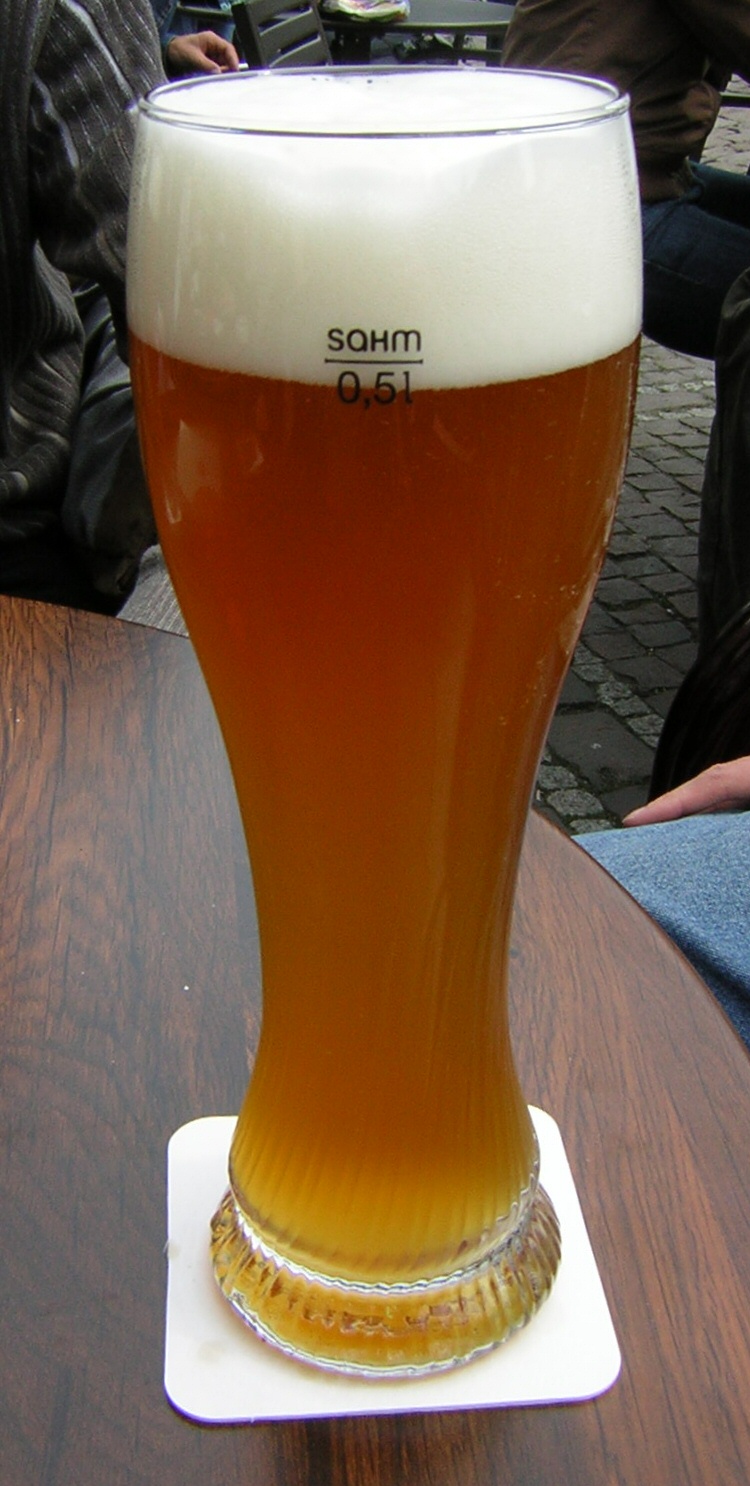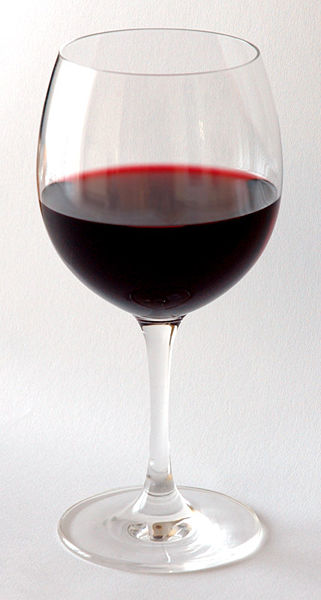The Beer Goggles - Does Alcohol make people more attractive?
Interview with
Ben - Drinking alcohol makes everyone appear more attractive. Not just members of the opposite sex. Marcus Munafo was one of the researchers involved. Marcus, how did you actually test this out?
Marcus - We studied social drinkers. Relatively young social drinkers who were mostly in their twenties. We brought them into the laboratory and randomised them to receive a drink which either contained alcohol or didn't. Then we asked them to rate 20 male and 20 female faces for how attractive they found them. We were interested in the effects of alcohol but we were also interested in whether or not the effects that were there might be specific to opposite sex faces. For that reason we explicitly recruited people who reported themselves as being heterosexual.
Ben - It seems to me that when you give someone a drink and you tell them that this is an alcoholic drink there may be a placebo effect. They assume that drinking alcohol seem more attractive so maybe that affected things. Did you control for that placebo?
Marcus - We did as best we can. We conducted the study double-blind so people received a drink which was either vodka and tonic with lime flavouring or just tonic water with lime flavouring and those drinks were chilled so that in fact when you're drinking the drink, whether it contains alcohol or not, you're not actually able to tell. The experimenter was also blind to the conditions. In that respect we did what we could to avoid expecting the effect. The problem is that when you're dealing with a drug like alcohol half an hour later the effects become apparent. It's difficult for participants to remain blind to which condition they're in over the course of 45 minutes or an hour. Certainly when they were consuming the drink they didn't seem to be able to tell the difference between the two.
Ben - What did you actually find?
Marcus - We found what you might expect which is that people in the alcohol condition rated faces on average about 10% more attractive than people in the placebo condition. We found a couple of interesting things. One was that actually the amount of alcohol that we used was relatively small. It was equivalent to maybe a large glass of wine or maybe a pint of beer. That was enough to elicit this 10% difference in rating attractiveness. That occurred without people showing any changes in their self-reported moods. We are seeking to also rate how they felt in themselves: happy anxious and so on. There was no difference between the alcohol and placebo conditions in ratings of mood. The other interesting thing was no effect specific to opposite sex faces. Men rated other men as more attractive as well as women. Women rated other women as more attractive, as well as men.
Ben - Could this be a general thing in that alcohol makes us more receptive? Does it make everything more beautiful? We know there are parts of the brain that specifically look for faces but would this also make a painting more attractive?
Marcus - This is something that we'd like to follow up. We didn't include a control condition of pictures of animals, pictures of landscapes that people could meaningfully describe as attractive. In future studies it would be interesting to do that. To see whether or not the effect is specific to faces or not. Clearly an interesting question is, as you say, the extent to which this effect is specific to facial expressions or a more general effect on how we process visual stimuli in the environment and so on.
Ben - So sociologically what does this mean for us when we drink even a small amount of alcohol we find people both of the same sex and the opposite sex more attractive?
Marcus - This is part of a broader programme of research which is looking at the way in which alcohol affects processing of faces and in particular the processing of emotional cues in faces and attractiveness. The reason we're interested in that is because certain behaviours become more common after alcohol. They include sex, aggression and so on. Some of those behaviours have an impact on society. It's worthwhile understanding what mechanisms give rise to the increased likelihood of those behaviours. Our hypothesis is that if alcohol is affecting the way in which we interpret faces that might drive these behaviours particularly because facial expressions are a strong component of social interaction. Given that there are effects on ratings of facial attractiveness even at quite small doses that could in part explain why people drink alcohol in the first place. It may make the world around you a more pleasant place, it may make you more likely to drink in certain environments or when you're around certain people. It also might explain why people are more likely to engage in particular behaviours such as unsafe sex, for example.
Ben - So does the fact that we appear to process faces differently account for why we become more violent? You'd have thought if we think things are more attractive then in fact we'd be more attracted to them and less likely to become violent?
 Marcus - There are two aspects to that. One is that we have a separate series of studies which is explicitly looking at how we decode emotional expressions faces and we're finding some interesting results there. For example, if you have ambiguous facial expressions which are a blend of anger and disgust then after alcohol consumption it seems you're more likely to interpret those ambiguous faces as representing anger (as opposed to representing disgust). Those effects seem to be specific to male faces. There could be parallel effects. Alcohol could both be affecting how we'd rate the attractiveness of faces but also how we decode emotional cues in those faces. Those are not necessarily the same thing. They could be dissociated. A further line that we want to pursue is the extent to which social cues and social context modify the effect of alcohol. For example, in the present study we found that everyone rated everyone as more attractive but in more ecological studies that have been conducted in less controlled conditions but in a more representative environment in bars the effects do seem specific to opposite sex faces. It could be that there's a general effect of alcohol on how we process facial expression. When that occurs in a particular social environment or context it becomes targeted on opposite sex faces. The interaction of the pharmacological effect of alcohol and the social effect of the environment is really where we'd like to go with this.
Marcus - There are two aspects to that. One is that we have a separate series of studies which is explicitly looking at how we decode emotional expressions faces and we're finding some interesting results there. For example, if you have ambiguous facial expressions which are a blend of anger and disgust then after alcohol consumption it seems you're more likely to interpret those ambiguous faces as representing anger (as opposed to representing disgust). Those effects seem to be specific to male faces. There could be parallel effects. Alcohol could both be affecting how we'd rate the attractiveness of faces but also how we decode emotional cues in those faces. Those are not necessarily the same thing. They could be dissociated. A further line that we want to pursue is the extent to which social cues and social context modify the effect of alcohol. For example, in the present study we found that everyone rated everyone as more attractive but in more ecological studies that have been conducted in less controlled conditions but in a more representative environment in bars the effects do seem specific to opposite sex faces. It could be that there's a general effect of alcohol on how we process facial expression. When that occurs in a particular social environment or context it becomes targeted on opposite sex faces. The interaction of the pharmacological effect of alcohol and the social effect of the environment is really where we'd like to go with this.









Comments
Add a comment